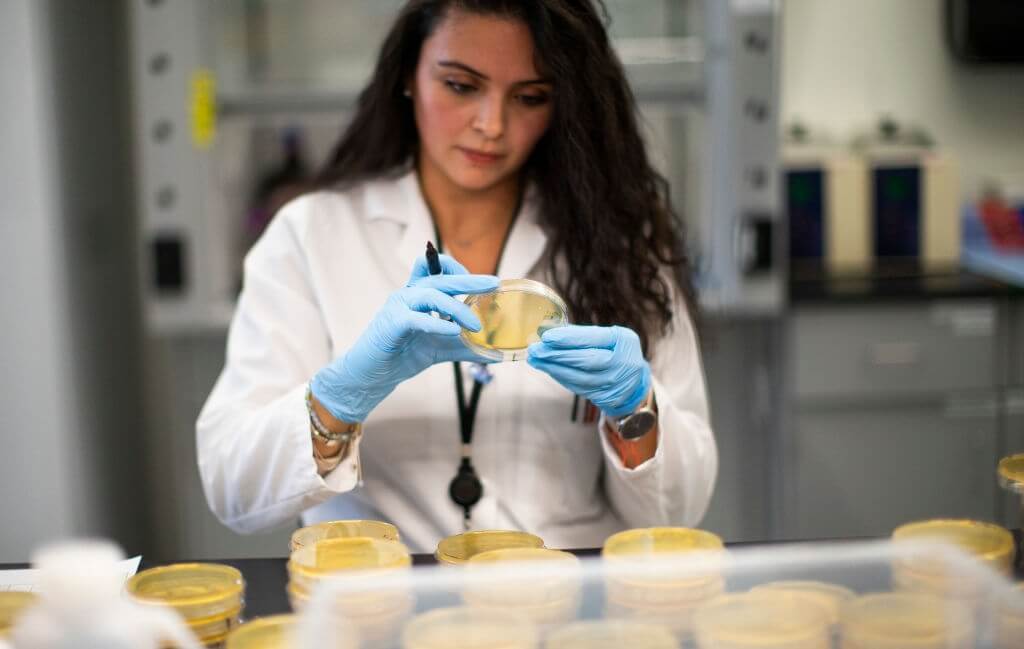A global research team led by Mount Sinai has discovered that the absence of a protein that triggers the body’s antiviral defenses that can create a rare rheumatoid-like autoinflammatory illness. It can be treated with an FDA-approved class of medications known as TNF (Tumor Necrosis Factor) inhibitors. The focus of experts is related to healthcare in the research of autoimmune disorders.
A Rare Primary Immunodeficiency Disease Can Be Controlled Now
The illness, now known as TBK1 deficiency, was previously known to experts, but the study published in Cell on August 6 defined its name, cause, and treatment for the very first time.

The researchers found that cells lacking the protein TBK1 (TANK-binding kinase are sensitive to a startling form of programmed cell death in response to TNF, but that this genetic flaw may be efficiently and swiftly repaired by therapeutics that target the source of inflammation.
Homozygous mutations in TBK1, which arise when both parents pass on copies of the faulty gene that codes for the protein, are extremely rare. Researchers hypothesized that these alterations might make people susceptible to a wide spectrum of viral infections based on previous research in mouse models and human cell cultures.
This genetic transmission leads the child to such a disease called autoinflammatory where the patient has to face the health disorder frequently. This new therapy can help the gene regularize over a period and control the disease. The medicine has passed all required tests and clinical trials and also got a nod from FDA. Hence the patients who suffer from this ailment may have quick relief from the same. However, some more researches are being done on this front and the results from them are expected very soon said another expert of the concerned research team to the media.
Instead, they discovered that none of the four persons in the cohort, who ranged in age from 7 to 32, showed evidence of insufficient antiviral immunity. Rather, they were all affected by a systemic autoinflammatory disease caused by an unregulated response to TNF (Tumor Necrosis Factor), a key protein implicated in inflammation and cell death.
“However, if a mutation prohibits the expression of the TBK1 gene or alters its function, cells become too sensitive to TNF (Tumor Necrosis Factor),” according to the Icahn School of Medicine at Mount Sinai’s Center for Inborn Errors of Immunity. And can cause a disproportionately large amount of neuronal death, resulting in a rapid cascade of waste from damaged tissue, exacerbating terms of the experience and fueling aggravation.
The Mount Sinai-led researchers proved their hypotheses about the underlying biology of the genetically driven illness by treating TBK1-deficient individuals with anti-TNF medicines.
Nevertheless, they were all affected by a systemic autoinflammatory disease caused by a misregulated response to TNF(Tumor Necrosis Factor), a key protein implicated in inflammation and cell death.
“Humans have basically described a rare virus and its conveyer belt of autoinflammation, that were traditionally provided with stimulant treatments, quasi pro-trump drugs, or even other – anti-therapeutic strategies clinicians considered worth trying,” says Anthony Bogunovic, Ph.D., Chairman of the Department for Inborn Autoimmune Errors; Senior Lecturer of Epidemiology at the Harvard, San Diego.
“Once we figured out what was generating the activation, we became able to utilize TNF (Tumor Necrosis Factor) antagonists to specifically target it and stop it,” says the researcher. The clinical improvement was also rapid and significant.”
Erasmus University Medical Center in the Netherlands, Mayo Clinic, the National Human Genomic Research Institute, Imperial College London, SRCC Children’s Hospital, and Jaslok and Breach Candy Hospitals in Mumbai, India, and Hacettepe University in Ankara, Turkey were all part of the collaborative research effort.